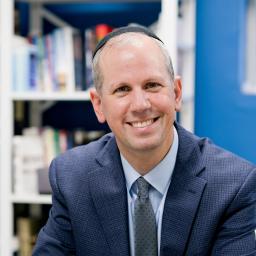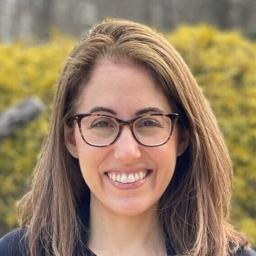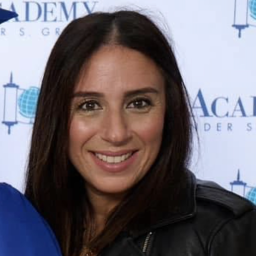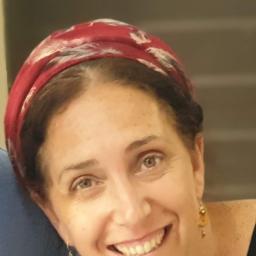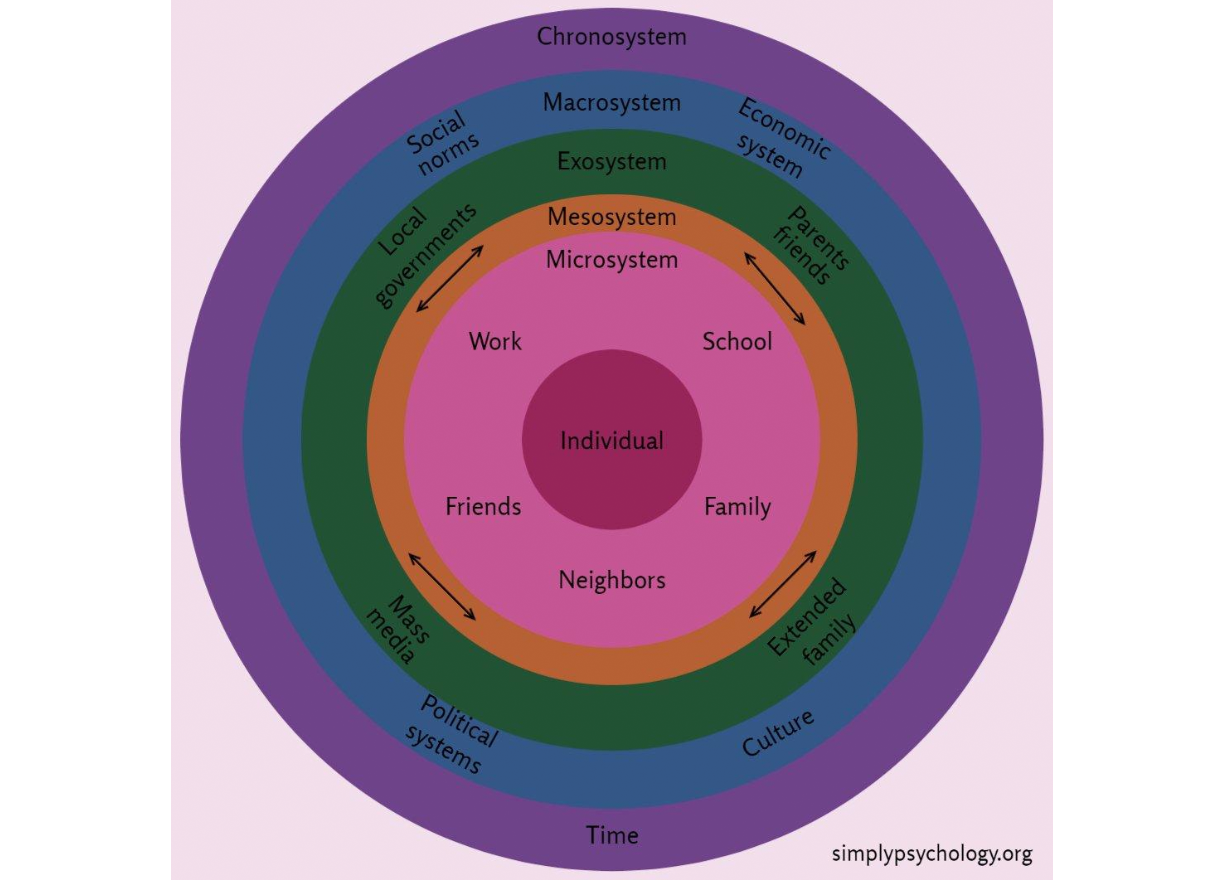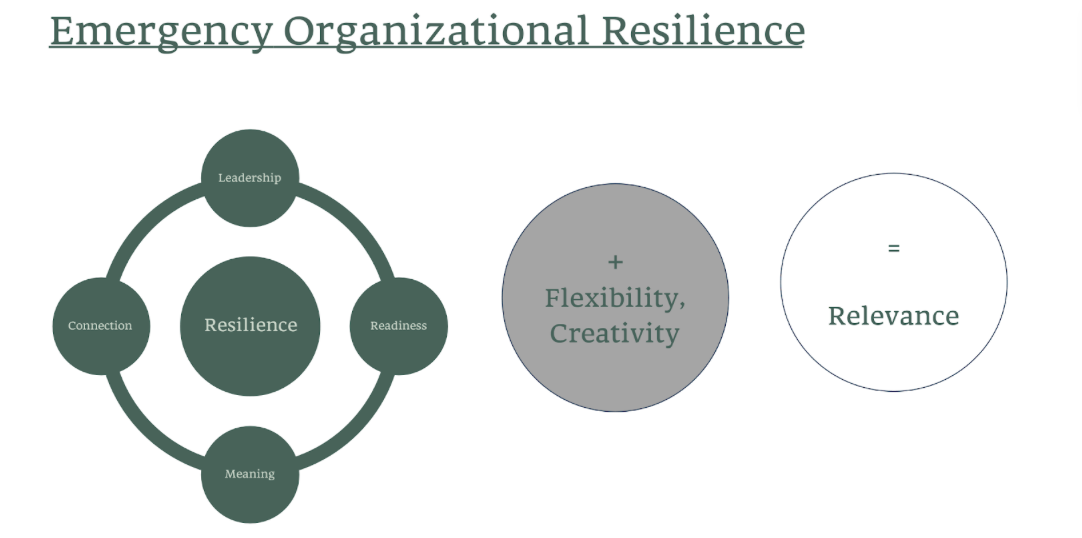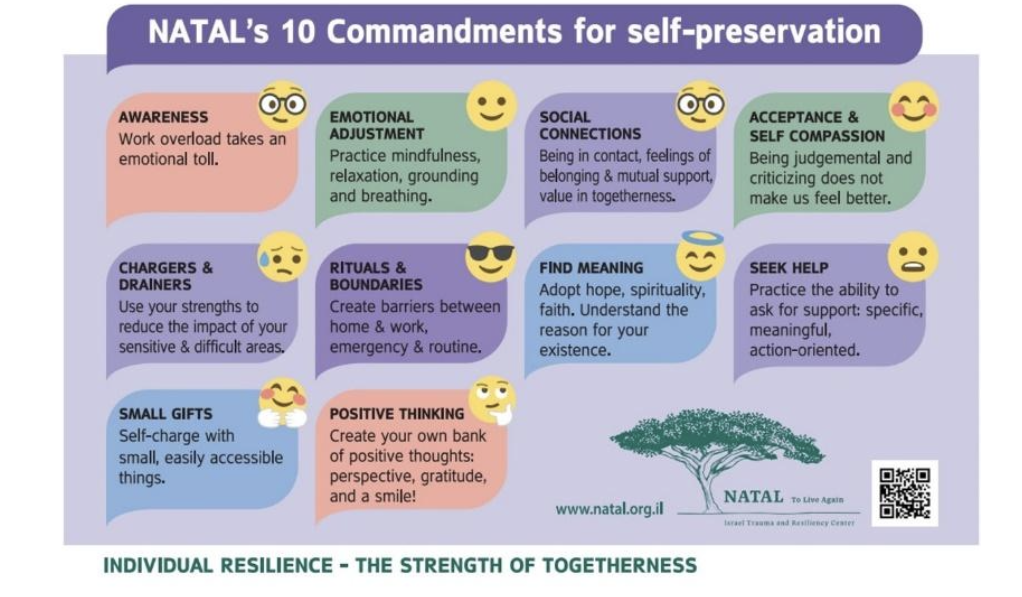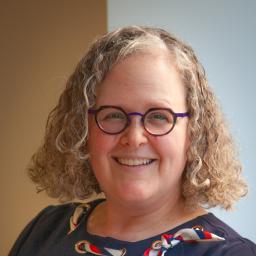October 7 altered our world as we know it. In Jewish day schools, guidance counselors and psychologists were busier than ever dealing with students who had siblings and/or parents serving in the Israeli Defense Forces, teachers whose children were also in the IDF and/or whose spouses had been called to reserves, and all those who had family in the affected areas. The weight of these responsibilities often go unnoticed in regular times, all the more so in the wake of unthinkable tragedies.
Building the Network
In Miami, the Center for the Advancement of Jewish Education (CAJE) had already created the infrastructure to support our school counselors and psychologists before there was an unprecedented need. In 2021, during the pandemic, I felt strongly that we needed to build a network to give school counselors and psychologists the opportunity to safely and confidently share real-life situations, determine overlapping needs, discuss potential professional development opportunities, and advocate for resources within their schools and within the larger community.
Those who work in and send their children to day schools recognize that in the realm of education, the roles of school counselors and psychologists are paramount. They serve as pillars of support, guiding students through academic, emotional, and personal challenges. In partnership with the Greater Miami Jewish Federation, CAJE Miami operates with a profound commitment to enhancing educational experiences within Miami-Dade’s Jewish day schools. While much of our focus lies in fostering teaching excellence through innovative professional development opportunities, we also place significant emphasis on the wellbeing of students and educators alike.
To bolster the support systems available to school counselors and psychologists, the CAJE Mental Health Network connects school counselors and psychologists across a wide array of educational institutions, bringing schools of all denominations to work together in unity. Through monthly meetings and professional development workshops, members of the network have the opportunity to share insights, strategies, and best practices. This collaborative environment fosters a sense of community and ensures that no counselor or psychologist feels isolated in their work. In the words of Reina Chocron, LMHC, the upper school counselor at Scheck Hillel Community School and the network’s chair: “Having a network of fellow counselors who understand the challenges and joy of our work is like having a lifeline. We can share our triumphs and struggles, offer a listening ear, and lift each other up when the weight of our work feels crushing. By supporting each other, we become better equipped to support our students and school community.”
Bolstering Student Support
During its first year, the network introduced its members to Eshel Online, an organization whose mission is to open hearts, minds, and doors for Orthodox lesbian, gay, bisexual, and transgender individuals and their families through innovative and culturally sensitive programming. Rabbi Steve Greenberg, founder of Eshel, and Miryam Kabakov, its executive director, were invited to address the network virtually and discuss whether and how Miami’s schools respond to children or teens facing gender identity issues and/or questioning their sexual identity.
In 2022, as a mother of four, I began to notice more and more anxiety, stress, and lack of social interaction among my children and their friends. Upon discussions with Reina, we determined that some children may not feel comfortable talking with people they know and see every day at their schools, especially if they are wrestling with suicidal ideation, extreme anxiety, or LGBTQ identity. Together with colleagues in the network, we created language for a placard that is currently displayed in private areas, such as inside of a bathroom stall, of Miami-Dade Jewish middle and high schools with a dedicated phone number that teens can call or text 24/7 for assistance if they are feeling overwhelmed, anxious, or sad.
Managing a Crisis
This year, CAJE’s Mental Health Network enlisted the services of Dr. Oshra Cohen, Prizmah’s program director for school counselor programming, to help craft comprehensive safety plans for their respective schools. Each school counselor was able to determine the steps and procedures that should be put in place to support students and staff during a crisis. By having an emergency response plan in place, schools minimize the impact of an emergency or disaster and the confusion among those impacted.
In addition, we decided to do something that has never been attempted as far as we were aware. When thinking about the 2023-2024 school year and what type of professional development we could offer our school counselors and psychologists, we decided to find another North American community similar to Miami with a group of counselors and psychologists with whom we could learn and share. After several discussions with Dr. Oshra Cohen and her Prizmah colleague Marc Wolf, chief program and strategy officer, we decided to meet with Montreal’s community of school counselors and psychologists and learn together about best practices to support students and families struggling with anxiety.
One of those anxiety professional development sessions was scheduled for October 17, ten days after the start of the war. Together with Dr. Oshra Cohen and Dr. Karen Gazith, director of the Bronfman Jewish Education Centre in Montreal, I decided to pivot and dedicate the hour to the network. Led by Dr. Cohen, school counselors and psychologists were able to open up about their own feelings and emotions, get support from one another, and just let go in a safe space. In Dr. Cohen's words, “Thanks to the collaboration between our two organizations and the framework we established, we were able to respond to the very urgent need for support during the early days of the war. It is a testament to our shared value of supporting those that support others.”
Ultimately, supporting school counselors and psychologists through the network is a strategic investment in the wellbeing of our Jewish day school communities as a whole. By nurturing their resilience, providing them with relevant professional development opportunities, and offering them support, CAJE can ensure that Miami-Dade school counselors and psychologists are better equipped to fulfill their vital role in supporting students and fostering healing and resilience all year long, and especially in the wake of tragedies like that of October 7.
Through efforts like the Mental Health Network, CAJE Miami affirms its commitment to continue helping the helpers support others and enabling the Miami-Dade Jewish day school landscape to flourish in good as well as challenging times.



